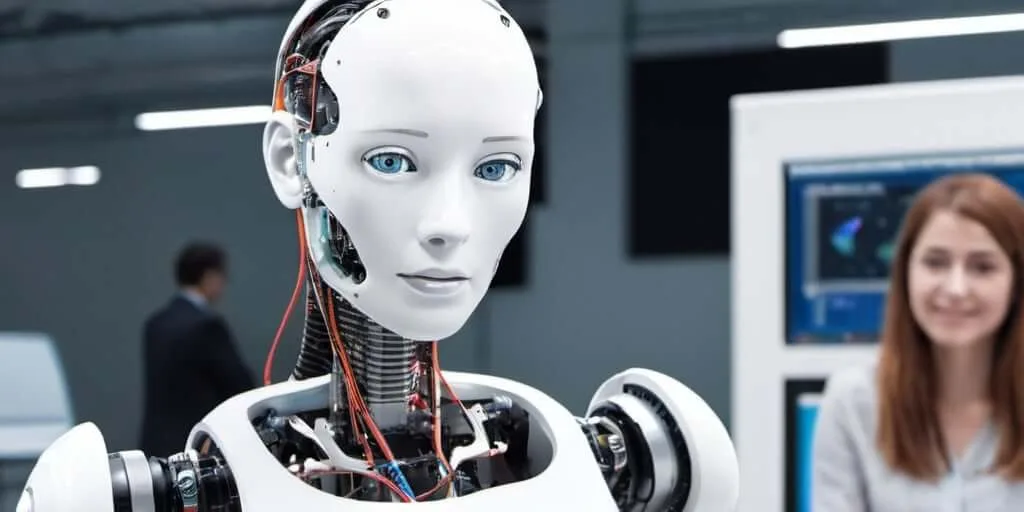Introduction
Automation and robotics technologies have become pioneers of change in industry. Evolving artificial intelligence and advanced robotic systems are transforming production processes, increasing efficiency, and reshaping business operations. This article examines the importance, impacts, future, and role of human-machine collaboration in automation and robotics technologies.
The Importance of Automation and Robotics Technologies
Automation and robotics technologies automate repetitive tasks in industrial processes, saving time and resources. These technologies also enhance workforce productivity, improve quality, and increase workplace safety. With Industry 4.0 and digital transformation processes, automation and robotics technologies provide a competitive advantage for businesses.
Impacts
The impacts of automation and robotics technologies are far-reaching. Advantages such as faster and more precise operations, reduced errors and waste, flexible production processes, and lower costs are observed. However, these technologies may also reduce the demand for certain jobs by automating tasks, emphasizing the importance of workforce transformation and retraining.
Future
In the future, automation and robotics technologies are expected to become more widespread and advanced. Advancements in industrial robots, artificial intelligence, and big data analytics will enable the development of smarter and more adaptable systems. Human-machine collaboration models will allow humans to work more effectively with robots, enhancing workplace productivity.
Human-Machine Collaboration
Human-machine collaboration refers to an approach where automation and robotics technologies work alongside humans. In this model, humans and machines complement each other, working together to perform more complex tasks. The combination of human creativity, emotional intelligence, and problem-solving skills with machine speed, precision, and repeatability fosters strong collaboration.
PROGRESSIVE TIME

Automation and robotics technologies are key players in the wave of change in industry. By transforming production processes, they increase efficiency while reshaping business operations. In the future, human-machine collaboration models will become increasingly important, becoming the new norm in the business world. In this process, it is crucial for businesses to adapt to these technologies and transform their workforce.
